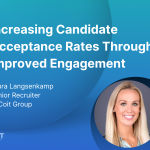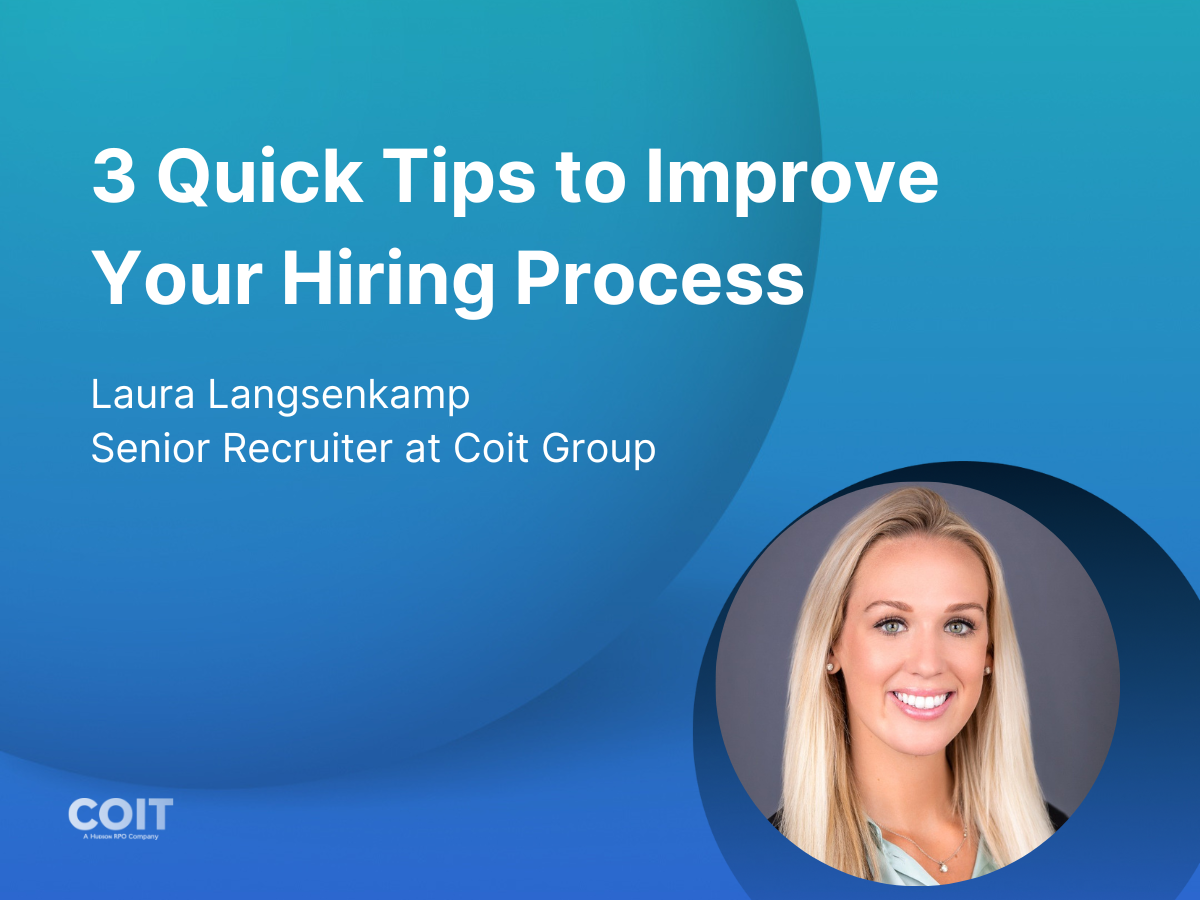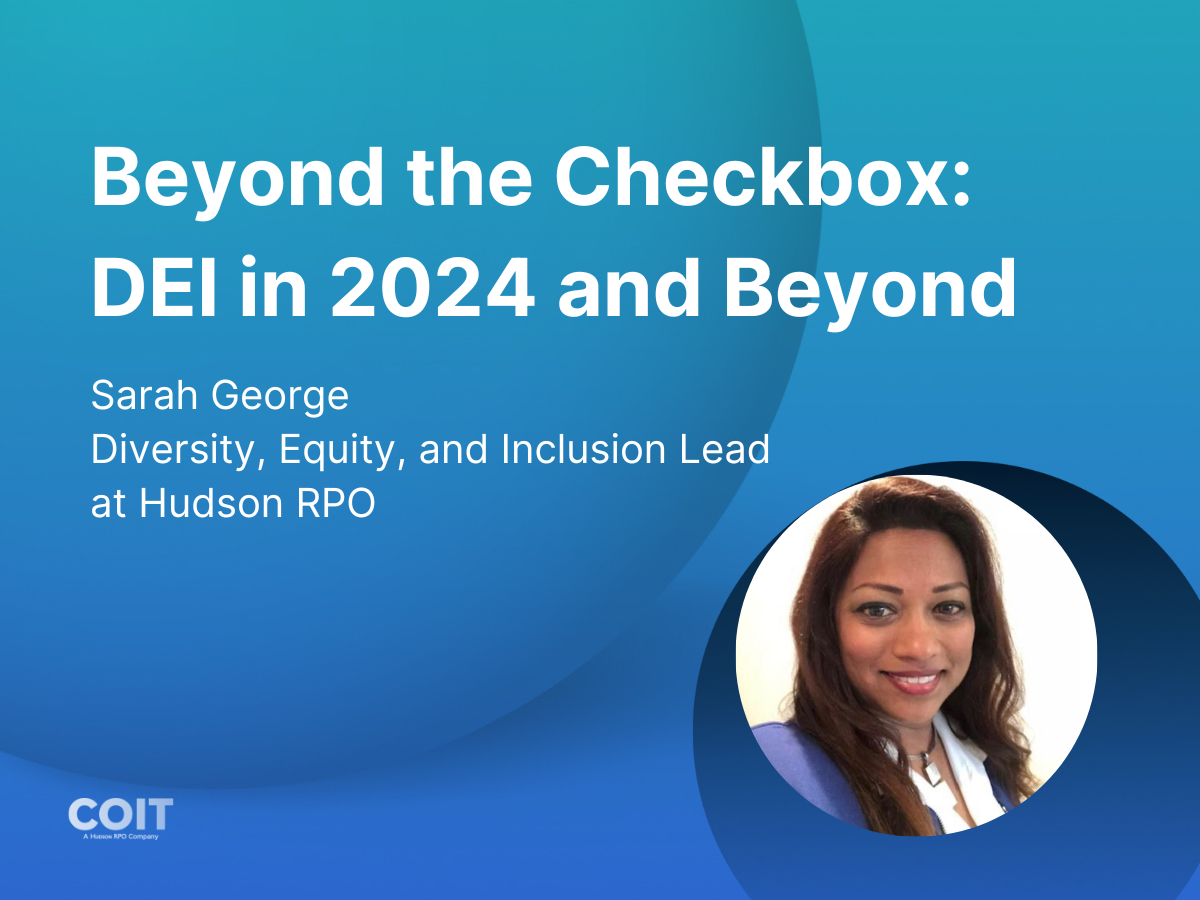Is your Start-up’s Employer Value Proposition still a work in progress?
Don’t sweat it, you are not alone. There are plenty of mature companies still trying to figure this out.
Whether you have an established EVP (Employer Value Proposition) or not, the candidate will get their first glimpse into your company culture through their own candidate experience and by how you conduct the hiring process. Take this as an opportunity to display a picture of culture fitness in real-time, as you begin to engage the talent market. All the Employer Branding copy in the world can’t hold a candle to the actual candidate experience. After all, what they experience represents your values in action.
Here are a couple of things to keep in mind:
A healthy Organizational Culture will be evident in the candidate experience itself.
The Candidate’s perception of an organization’s culture will begin to take shape from the first recruiter touchpoint and every interaction after that. It will continue through the interview process, offer stage, onboarding, and beyond.
Creating a favorable impression happens when the entire candidate experience delivers a synonymous, clear-cut representation of the position, company, and culture at every candidate interaction. Candidates are smart, and they are used to poor hiring experiences which presents a great opportunity for you to stand out. A diligent, cohesive recruitment process allows the candidate to experience your values in action and offers an early look at the unified environment that awaits.
Do you follow up in a timely manner? Do you understand the role and sell it in the same way the hiring manager does? Are expectations clear?
Critical Question: “Does everyone including recruitment, hiring teams, leadership and HR fully understand their commitment to participating in the process?”
In the absence of an established EVP, the Aspirational EVP is a very good (if not equally as strong) stand-in.
Established EVPs are grounded in the current realities of an organization – they reflect the existing culture, benefits, and experiences that employees can expect. These are often well-documented and communicated, forming a clear picture of what it’s like to work at the company today. They are tangible, measurable, and often used as a benchmark for employee satisfaction and engagement.
Aspirational EVPs identify the attributes and experience, that as an employer, you aim to deliver with consistency. This is the bridge connecting your present and desired cultures, and a confident declaration that announces to the world who your company is and the aspirations you hold for tomorrow. Embracing the Aspirational Bridge as your EVP and employer brand messaging is not only acceptable but also an effective means of motivating talent by allowing the candidate to envision an opportunity that balances their daily workplace challenges and conceive of the exciting potential that lies ahead for them personally.
The beauty of an Aspirational EVP is its ability to inspire and attract candidates who are seeking to be part of a journey. It appeals to people who are motivated by growth, change, and the opportunity to contribute to something bigger than themselves. By communicating an Aspirational EVP, organizations can attract like-minded individuals who are eager to be part of the transformation and growth process. It’s a commitment to potential employees that while they contribute to the company’s success, they will also be part of an exciting, evolving workplace that values innovation and progress. In essence, an Aspirational EVP is not just a recruitment tool, but a catalyst for organizational change and development.
Aspirational EVPs should identify the attributes and experience that you as an organization aim to deliver with consistency. At the same time, there should be an acknowledgment of shortfalls in the organization. As you work to fix these shortfalls – thus affecting your culture – leverage the goals and objectives of these initiatives as critical stories to share with your candidates (and existing workforce).
Critical Question: “What is the desired perception you wish to create as an employer?”
As you showcase your aspirational EVP, candidates will see your workplace as a culture that recognizes growth opportunities. You’ll attract like-minded employees who will buy into the vision and move it from an aspirational EVP to a realized, established EVP.
This post was written by Tim Gorewich, one of Coit Group’s top recruiting leaders and the current Head of Talent Acquisition at Zenni Optical.
Newsletter
Blog Categories
Recent Posts

[Tech x Talent Dashboard] It’s time to change DEI metrics and tactics
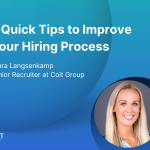
3 Quick Tips to Improve Your Hiring Process

Beyond the Checkbox: DEI in 2024 and Beyond
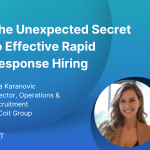
The Unexpected Secret to Effective Rapid Response Hiring
